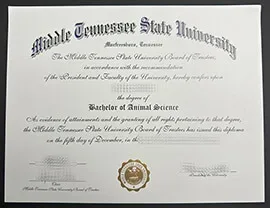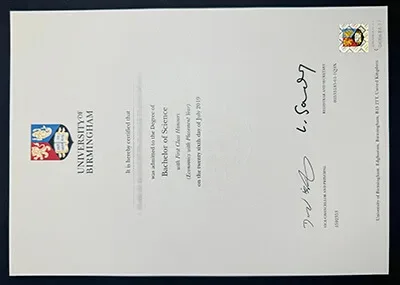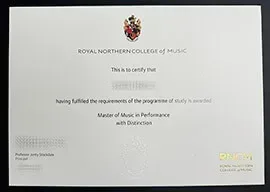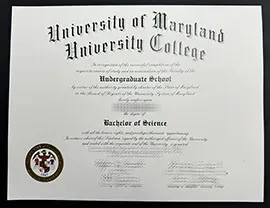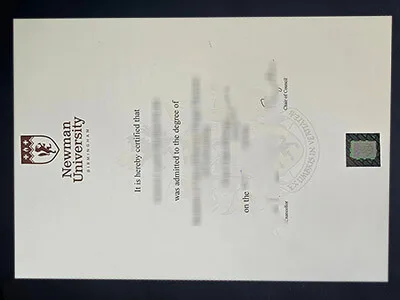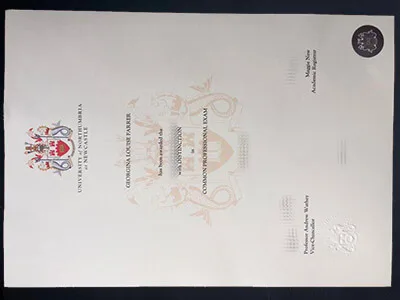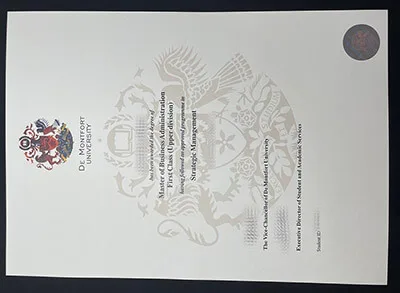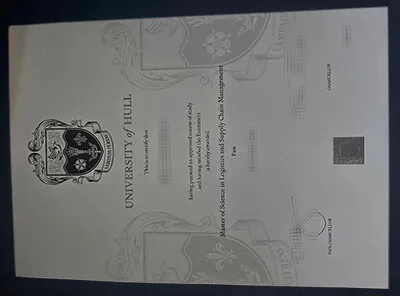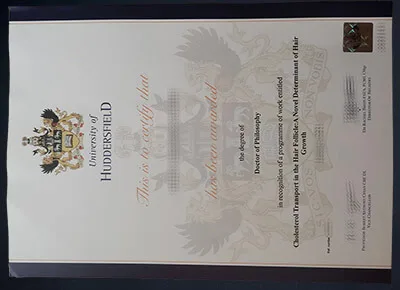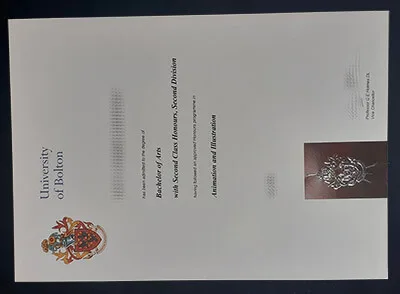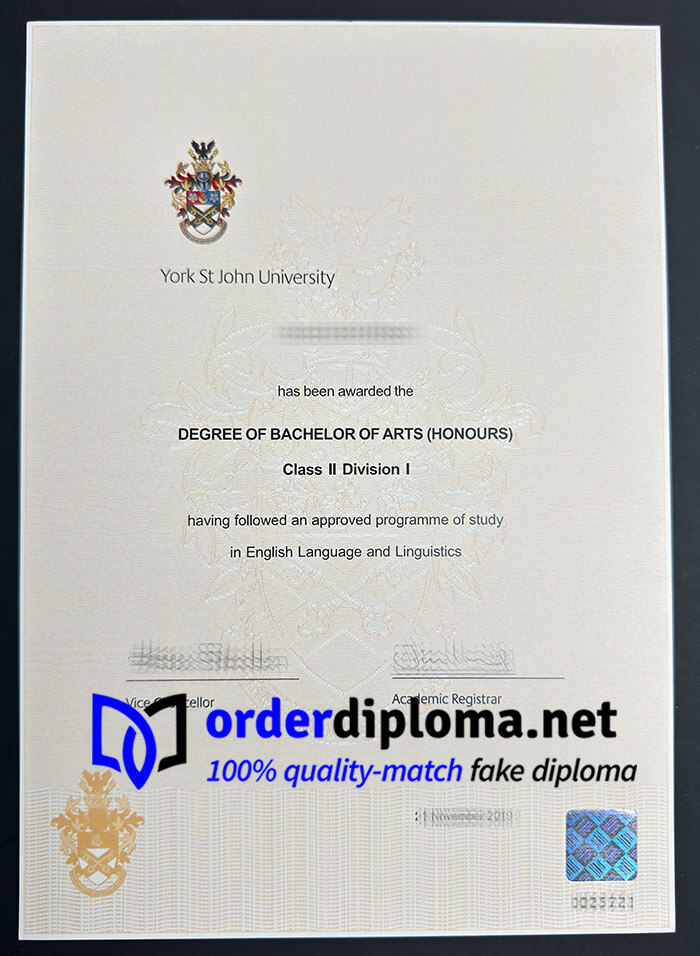
Buy York St John University diploma, get a YSJU degree online.
Can I order a York St John University diploma?
buy York St John University degree, fake certificate for sale. how much does it cost to buy a fake diploma? obtain the fake degree. The university grew out of two Anglican teacher training colleges, which were founded in York in 1841 (for men) and 1846 (for women). In 1862, the women’s college relocated to Ripon. Over the next century, the colleges gradually diversified their educational programs. The colleges, St John’s College and Ripon College, merged in 1974 to become ‘Ripon and York St John’s College’.
In 1990, the merged institution formally became a college of the University of Leeds; this arrangement allowed it to award degrees under the latter’s name while remaining largely autonomous in practice. Between 1999 and 2001, all activities moved to York and the college acquired the title ‘York St John’s College’.
In February 2006, the college was granted the right to award degrees in its name and the right to call itself a University College. On 10 July 2006, the Privy Council approved the college’s request to become a full university; the name was given to it by Tony Blair on 1 October 2006 as “St John’s University”, and the first Chancellor (installed in a ceremony at York Minster on 7 March 2007) was Archbishop of York, John Sentamu.
What is York St John University famous for?
As a result of the University’s continuing religious and teaching traditions, theology, nursing, life sciences and education are the most popular and well-known subjects. The Faculty of Arts performs well nationally and was recently awarded the National Centre for Excellence status in Creativity.
York St John University’s history dates back to 1841 when St John’s College was founded as an Anglican teacher training college. In 1846 Ripon College opened for women and in 1974 the two colleges merged to form the College of Ripon and York St John. In 2005 the college was granted university status and in 2006 it became York St John University.
There are over 100 undergraduate courses available for students to choose from. These are divided into nine schools: art, design and computer science; business; education; health sciences; humanities; religion and philosophy; languages and linguistics; performance and media production, psychological and social sciences, and sport. The university also offers several postgraduate degree programs.
The university is committed to challenging prejudice and inequity within the community. This is achieved through various research projects, which target areas of society that need improving. Research is carried out at the university’s research institutes including the International Centre for Community Music, the Centre for Language and Social Justice Research and the Centre for Religion in Society.
 USA fake diplomas
USA fake diplomas UK fake diplomas
UK fake diplomas Canada fake diplomas
Canada fake diplomas Australian fake diplomas
Australian fake diplomas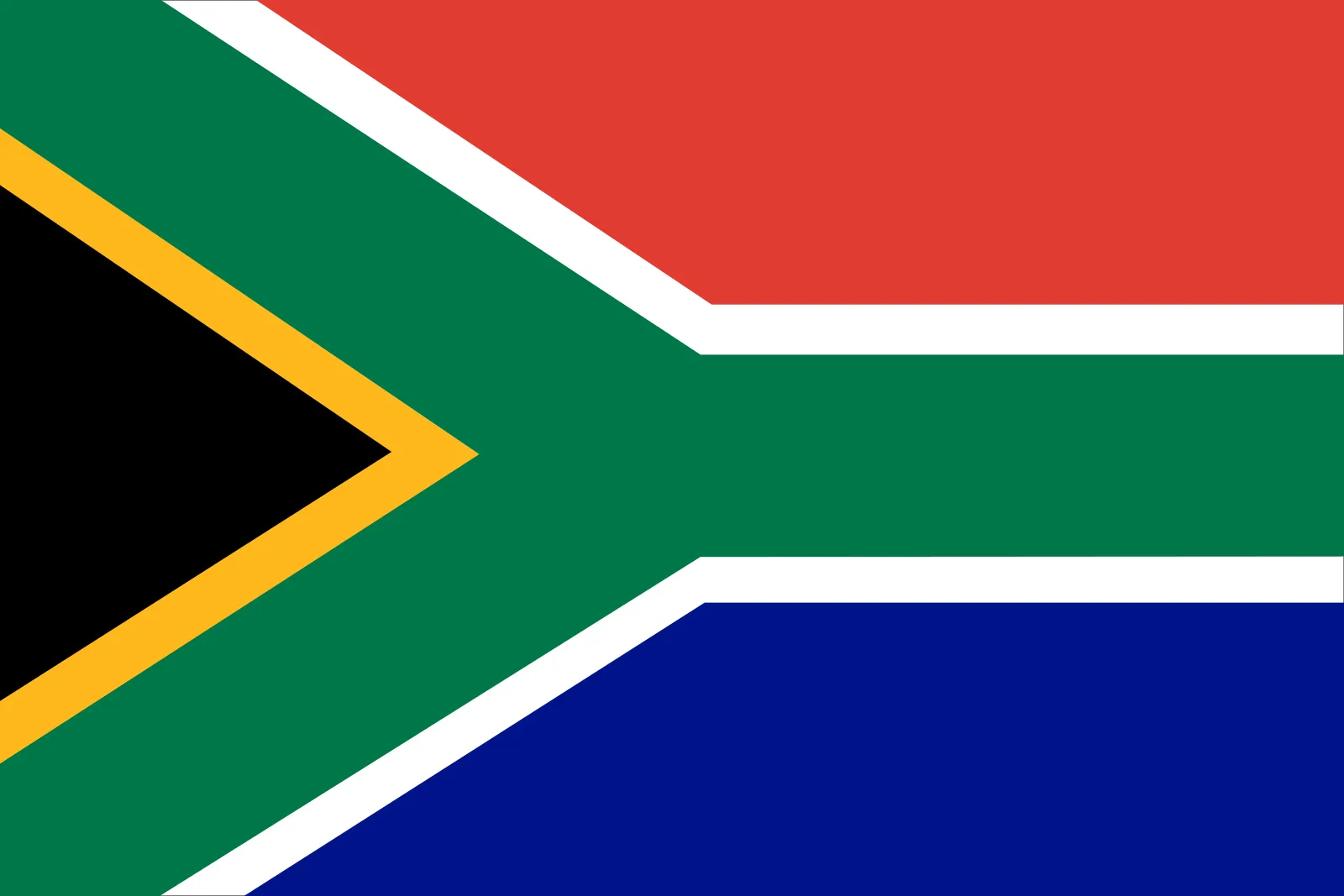 South Aftica diplomas
South Aftica diplomas Other fake diplomas
Other fake diplomas

